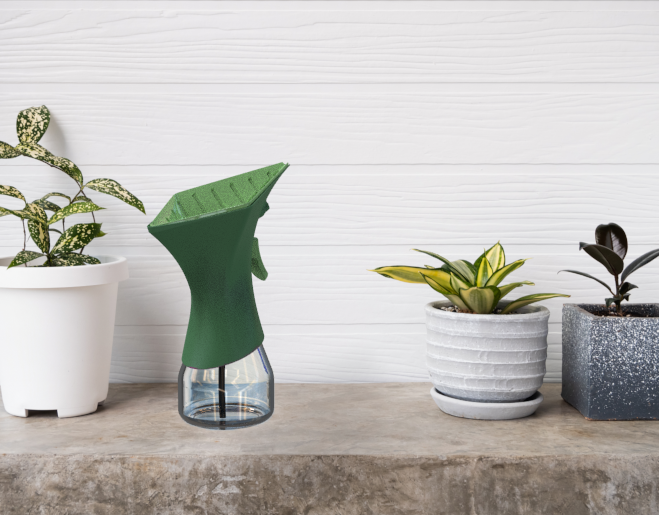
FLOURISH
Watering can designed to make plant maintenance easier for a new plant owner.
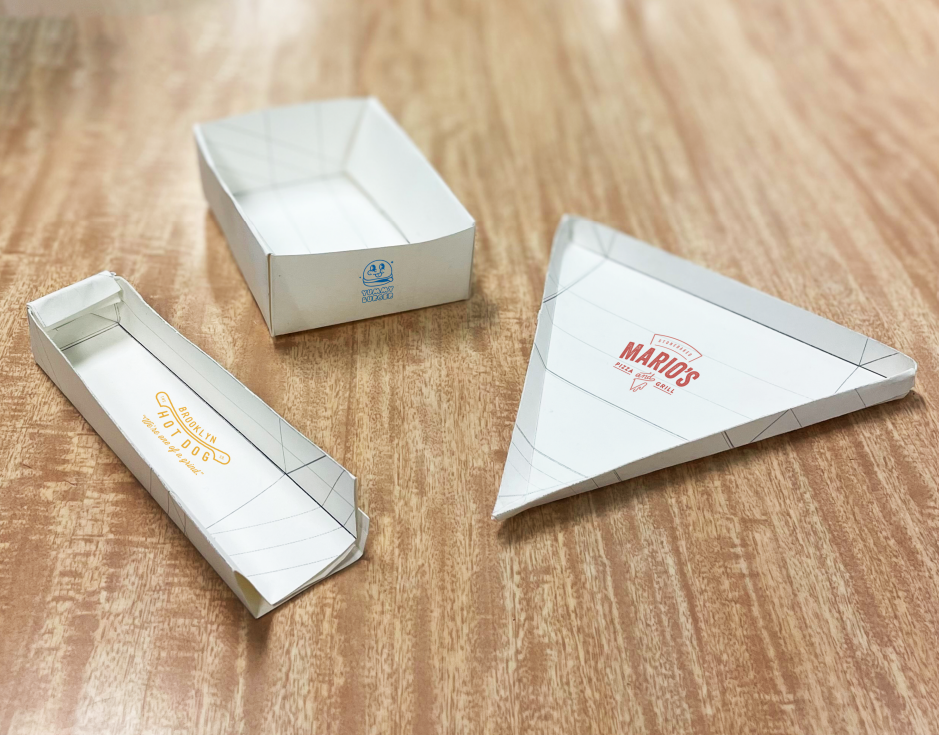
COMPAK
Compostable food packaging system that creates zero waste environment.
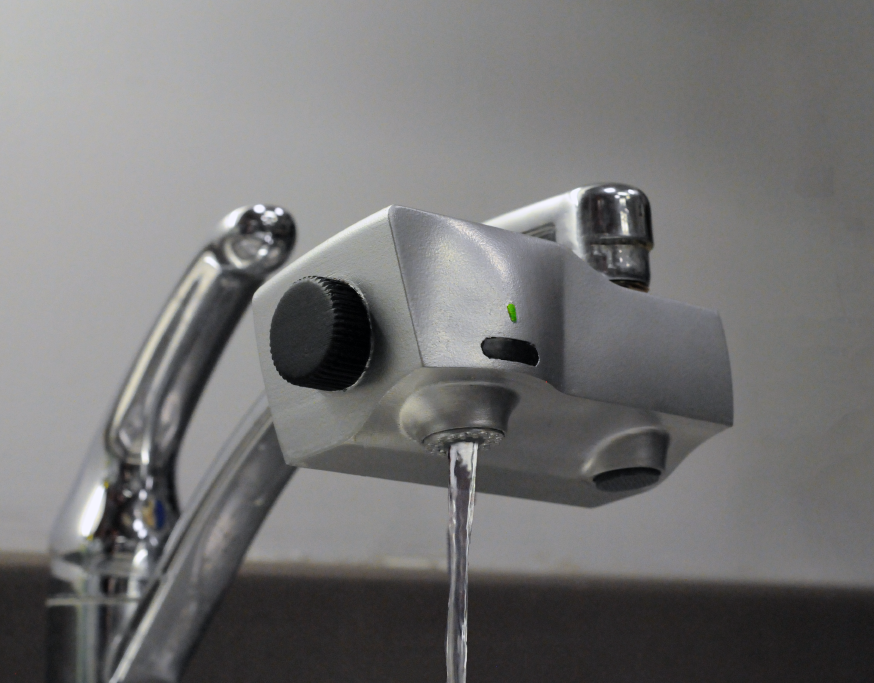
OASIS
Purification device for communities under boil water advisories.
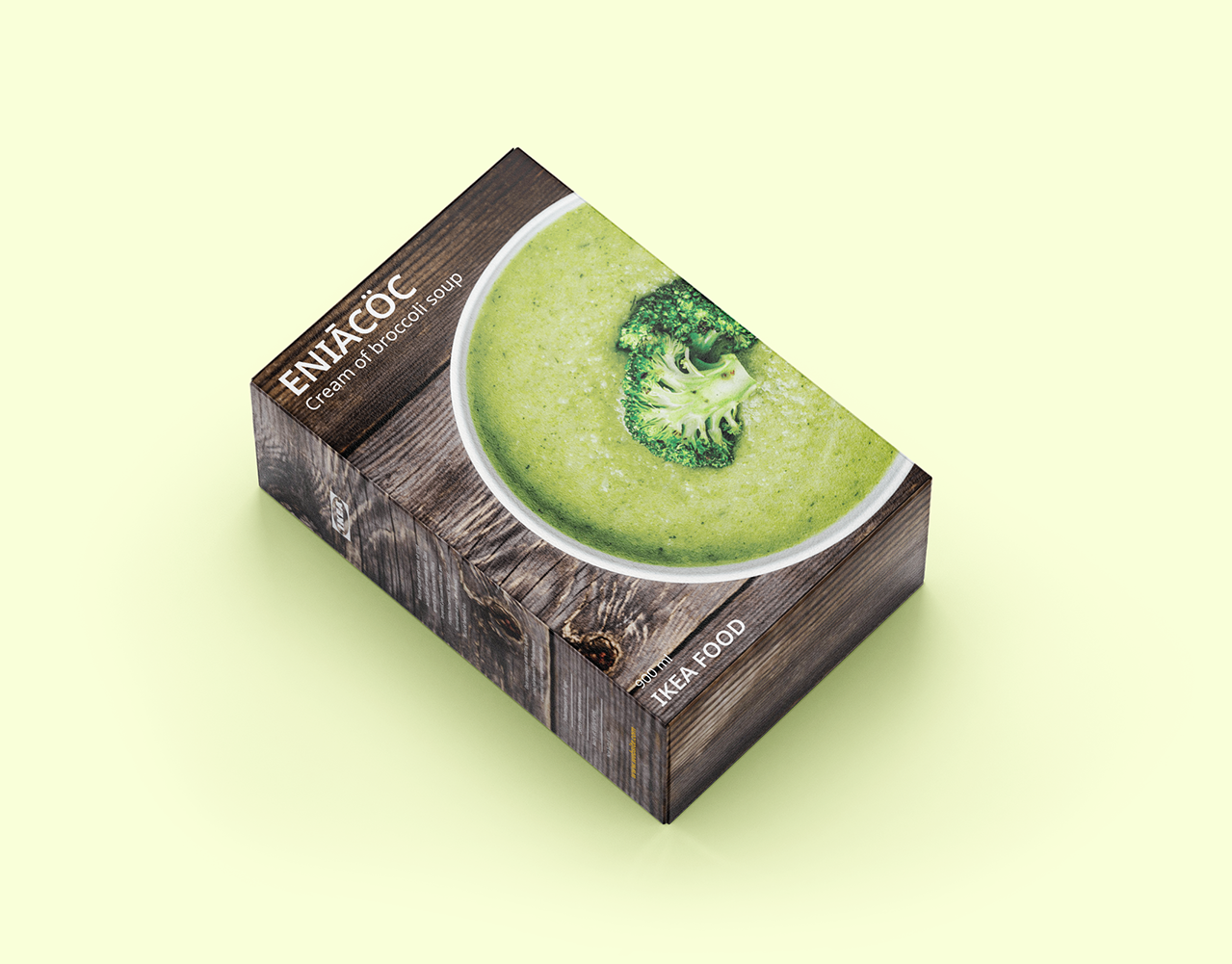
ENIACOC
If IKEA were to package soup, what would it look like?
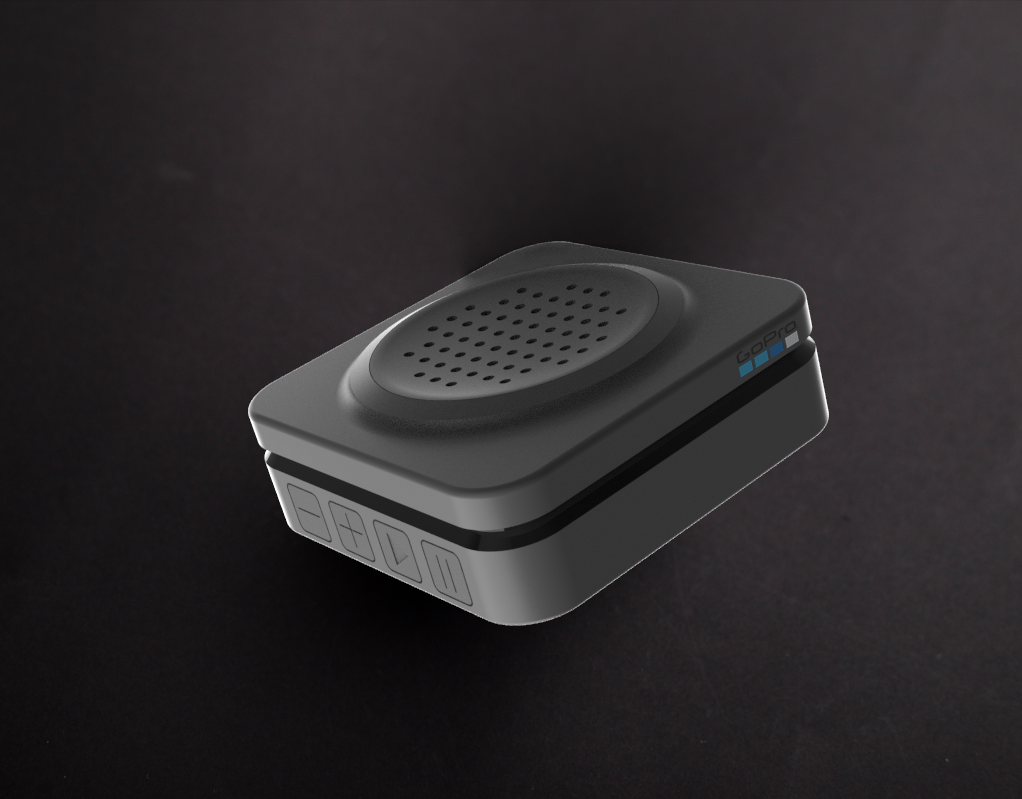
GREY
Conceptual speaker using visual brand language of GoPro.
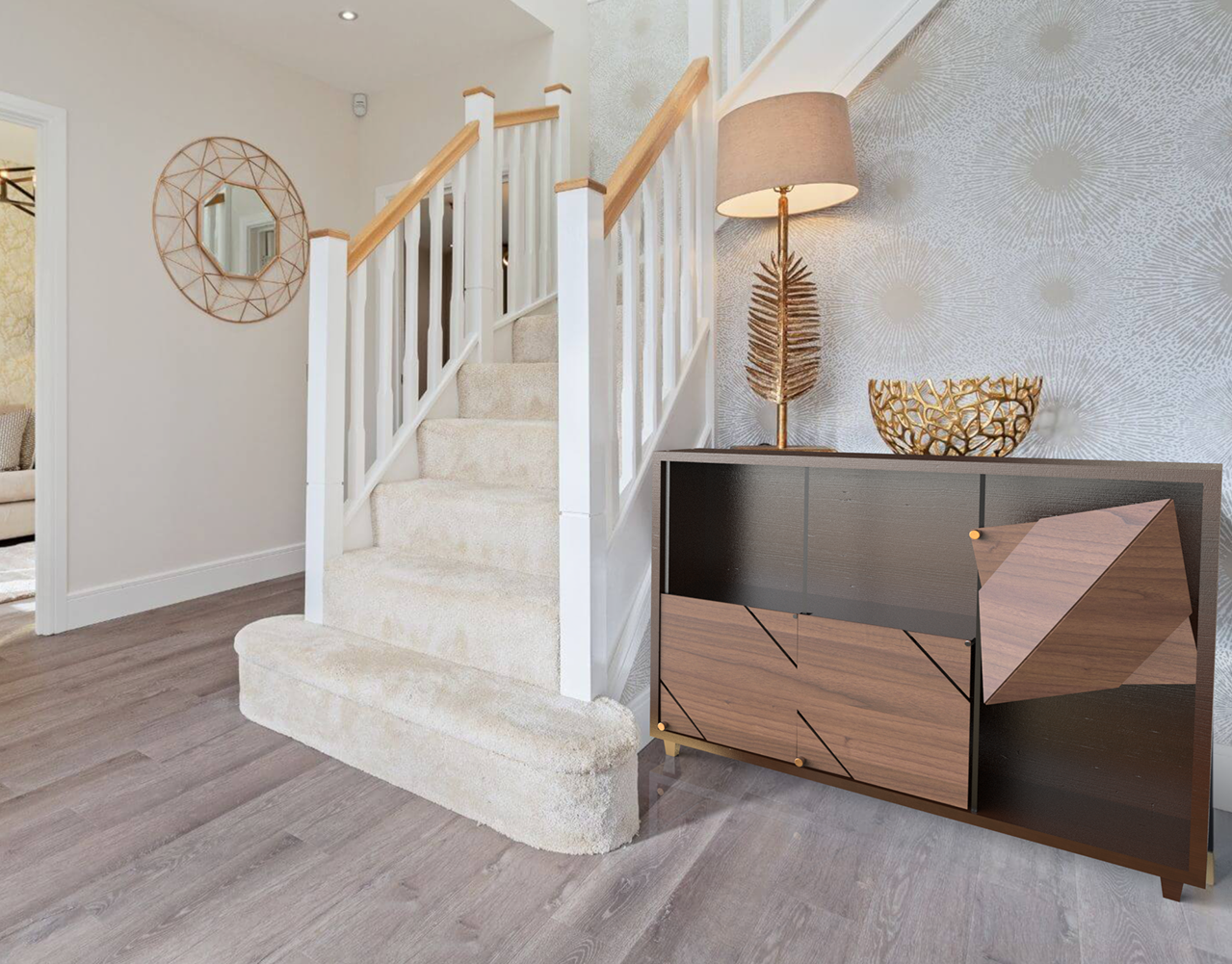
ENIGMA
A hallway sideboard inspired by the concept of movement and shadows.

TRINITY
Universal wall hook that can also visually enhance the entryway of a home.
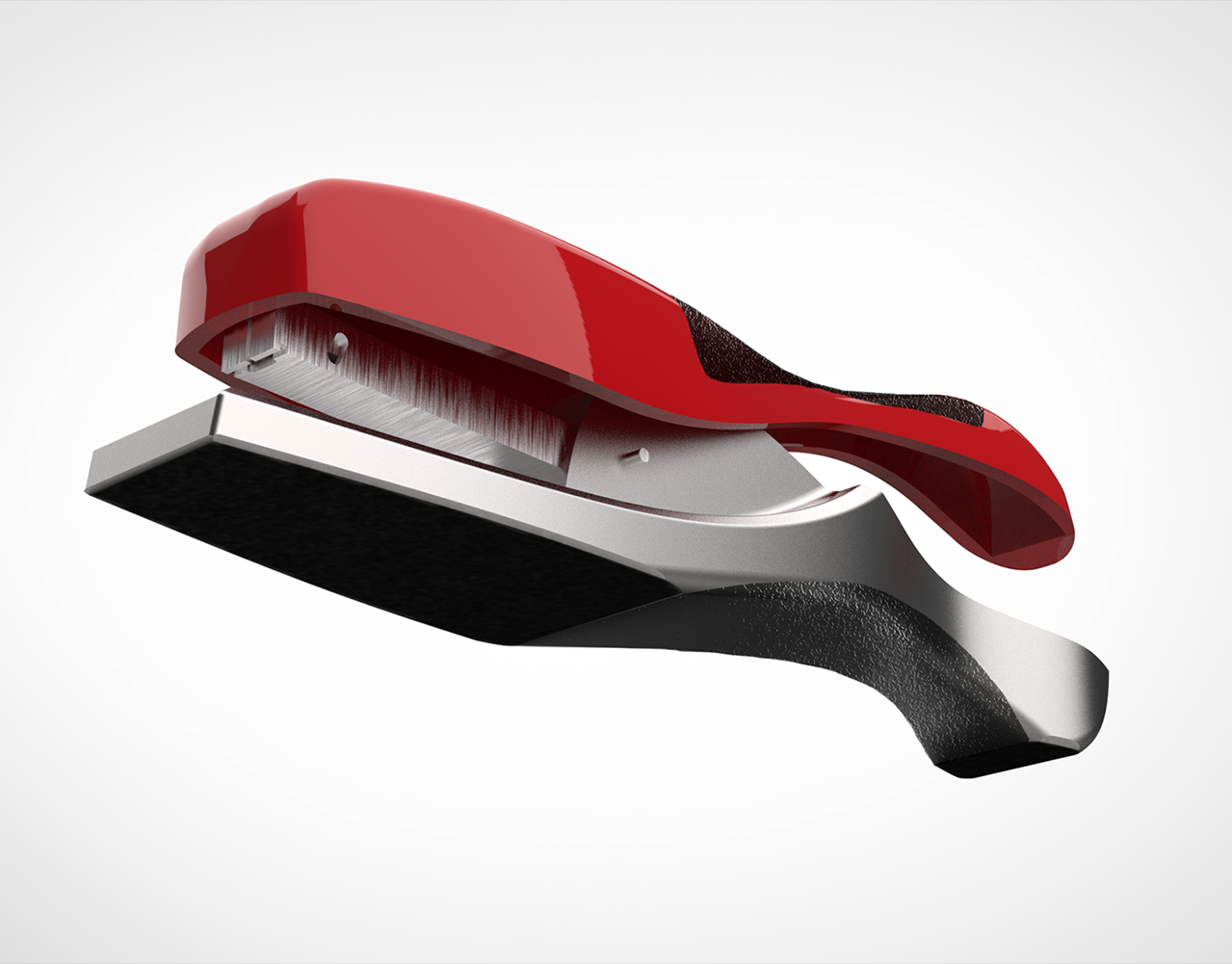
CLUTCH
A stapler simply made for the users comfort.
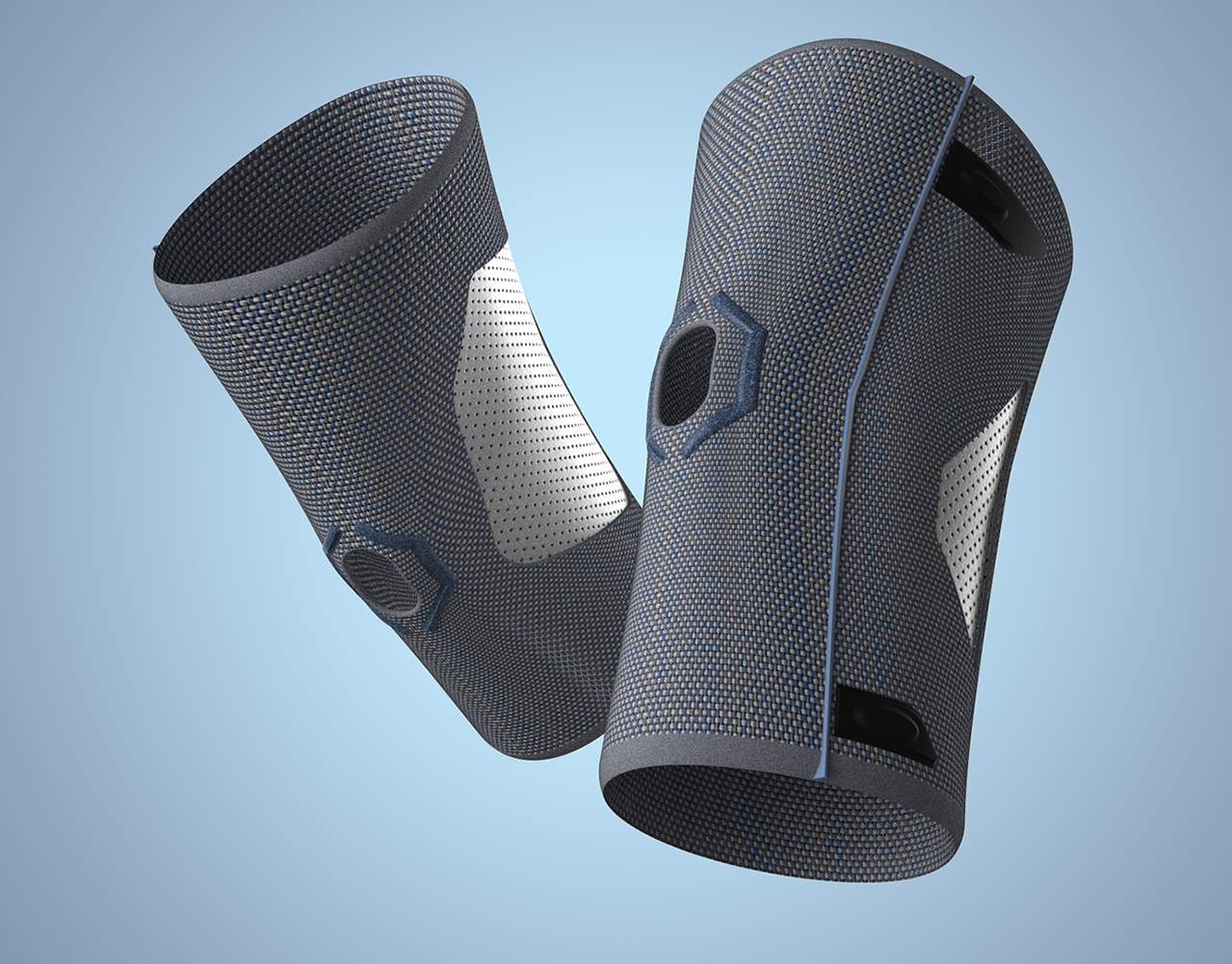
PROTEC
Knee compression band for athletes that uses motion captured data to prevent injury.
